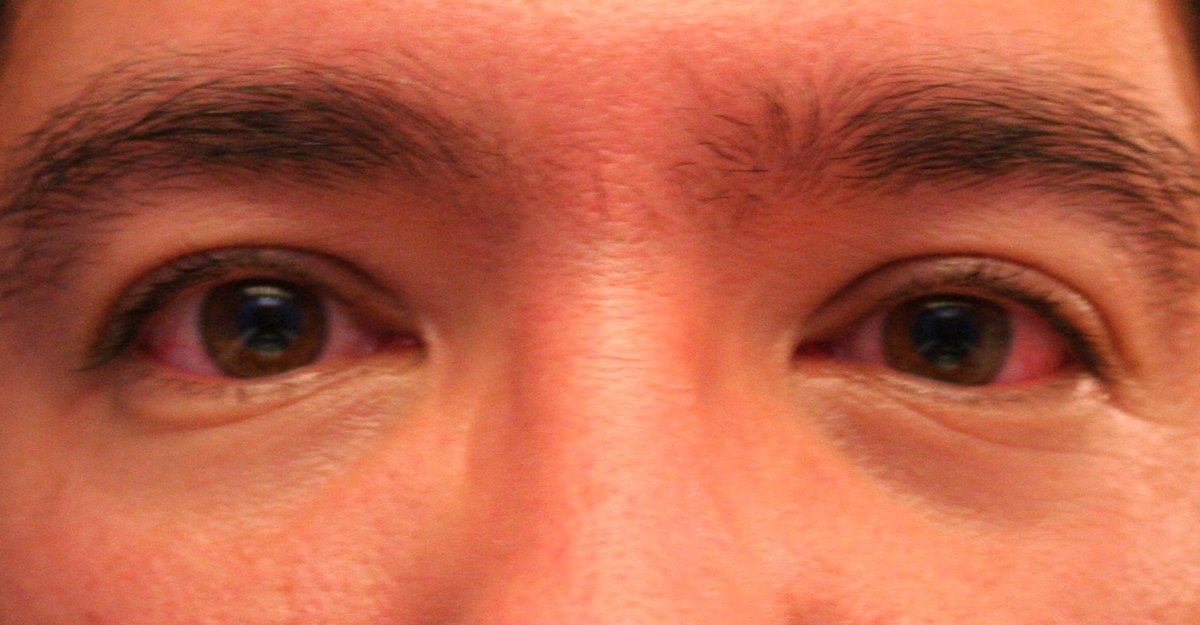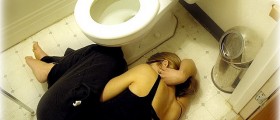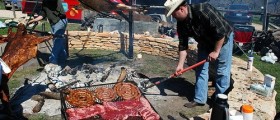
Food poisoning can happen to anyone, especially when eating out. In most cases food poisoning can be treated at home, however, in some cases the poisoning can be very severe and require medical attention.
Food poisoning occurs when a person eats or drinks food or liquids that are contaminated with bacteria, viruses, parasites or toxins. The symptoms usually start soon after eating contaminated food, and they include abdominal pain, which can be very severe, diarrhea, nausea, and vomiting.
Some contaminants may cause fever, chills, blood in stool, severe dehydration and nervous system damage. The most severe forms of food poisoning may even cause death.
The biggest problem with food poisoning is the risk of dehydration, because human body loses a lot of fluids due to diarrhea and vomiting. In treating food poisoning the most important thing is to prevent dehydration.
What to do for food poisoning
In some cases, food poisoning can be successfully treated at home. However, if the symptoms are very severe and if there is a risk of dehydration, it is better to seek medical attention.
Food poisoning makes it difficult to keep anything down. It is better to stay off food and beverages completely for the first few hours. After that, it is important to keep hydrated with clear fluids, like water or weak tea. It also helps to suck on ice chips. Alcohol, tea, coffee and milk are nor recommended for persons who have food poisoning because they irritate the stomach and cause loss of fluids.
Beverages containing electrolytes, like sport drinks, can help restore electrolyte balance that occurs due to loss of fluids.
After vomiting stops, it is okay to start eating solid foods. However, during the first day or two it is best to only eat bland food like rice, unsalted crackers, bananas, toast, and similar. Even after the symptoms are completely gone, one should avoid foods that irritate the stomach, like greasy and spicy food and raw vegetables.
Person suffering from food poisoning should have a lot of rest and stay away from the sun and sources of heat.
How to prevent food poisoning
Food poisoning can be avoided by always washing the hands before and after preparing the food, by keeping the kitchen counter and all the utensils clean at all times, checking the expiration date on food products and washing fruit and vegetables thoroughly under running water.
Pets should be kept away from food and from kitchen. Frozen food should be completely defrosted before cooking, leftovers must be reheated before eating and all the animal products, especially meat, fish and eggs, should be cooked thoroughly. Raw meat and fish should be kept covered at the bottom of the refrigerator and vegetables should be placed in appropriate drawers.

















Your thoughts on this
Loading...